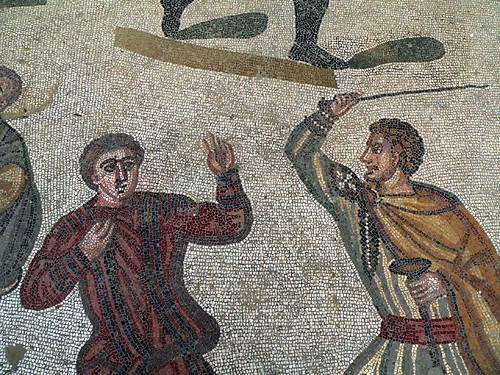
There’s been a lot of discussion lately around a video by evangelist Jefferson Bethke that has gone viral called “Why I Hate Religion But Love Jesus”. You can see the video and read an excellent critique of it by an Eastern Orthodox priest here. There is not much left to be said on the topic, but of course, I must have my two cents’ worth!
As is the case with so many debates, problems arise because the words are not defined clearly. What does ‘religion‘ actually mean? What is it that this bloke hates, exactly? Anyone who loves Jesus is bound to also love ‘true religion’, a phrase used by St James in his epistle (1:26,27). He points out the difference between religion properly practiced and religion abused. I think what the bloke in the video is rebelling against is religion abused, but he just calls it ‘religion’, hence the controversy, since people think he is using ‘religion’ in the more general sense of the word, thus hating both true and abused religion together. Of course, that controversy is probably exactly what he was aiming at. What better way for an evangelist to get his message heard by millions?
The abuse of religiion is nothing new. It happened in the Jewish faith at the time of Christ, it happened in the early Christian Church in the time of the Apostles, and, surprise, surprise, it happens today. I fully join with Bethke in rejecting the abuse of religion.
But that doesn’t mean we should toss out religion altogether. As St James points out, Continue reading “Why I Hate Religion But Love Jesus”






